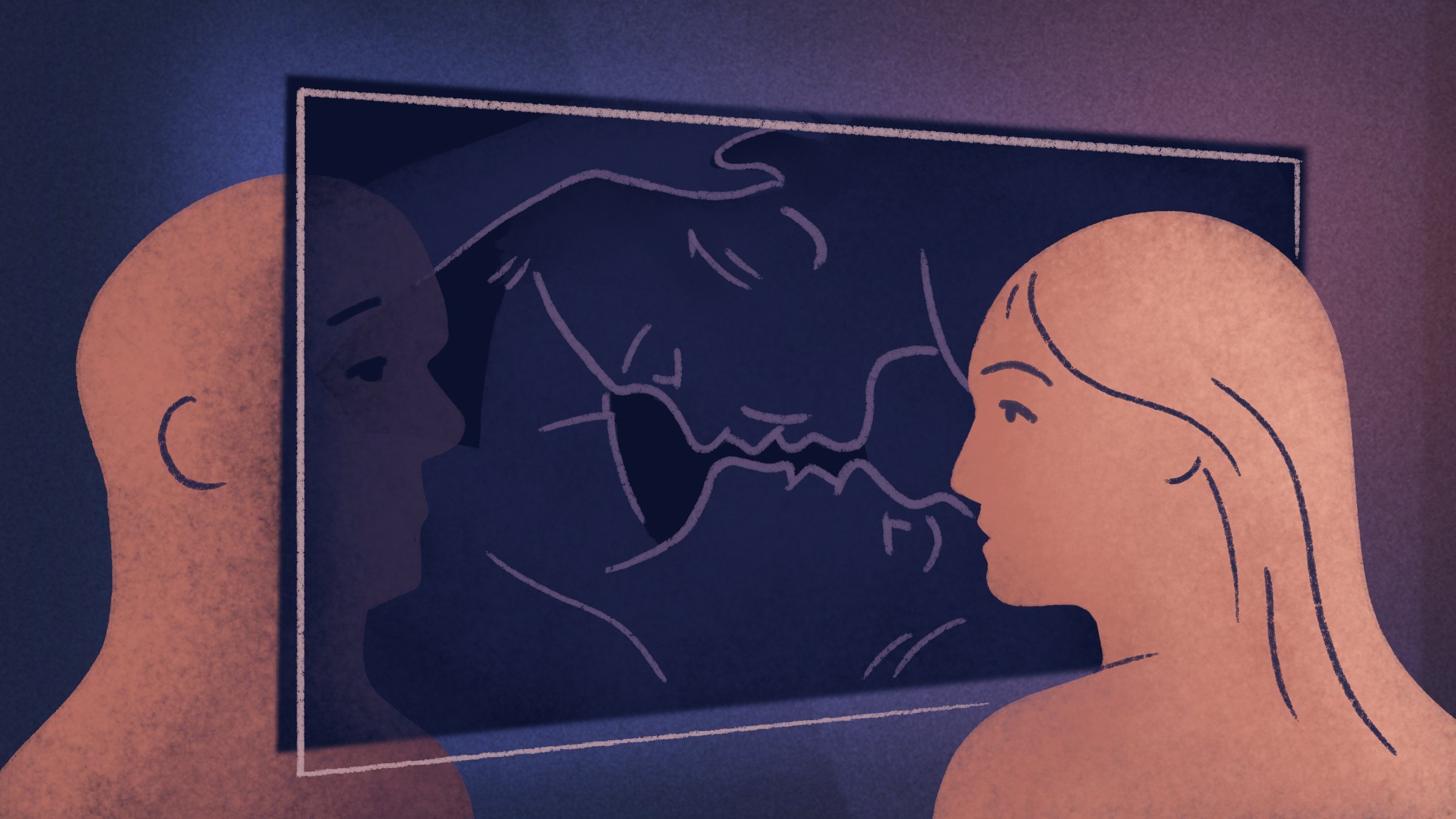RELATED ARTICLE
Lucid Dreams: A Conversation with Bi Gan
By Andrew Chan
The Criterion Collection

December 31, 2019: I’d just spent three weeks in Taiwan with my family, and now I was on the flight back to Los Angeles. We were cutting across the International Date Line, and how many time zones over the Pacific Ocean? Whatever the conversions, unfathomable to me, I knew that when we touched down at LAX it would somehow be the same day, and the same hour, as when we’d left Taipei. In a sense, those twelve hours aloft didn’t exist. Time, vanished.
Scrolling through the in-flight entertainment options, I stopped on Bi Gan’s Long Day’s Journey into Night. Months ago, the man I was dating had mentioned this Chinese art-house film, shot partially in 3D, when it was screening in theaters. We’d talked about seeing it the following weekend, but something had come up, and we didn’t go. The plans we made often had issues coming to fruition. It wasn’t a matter of how much we liked each other, or for lack of trying. The future just never seemed to arrive on time, even for a simple movie date.
And so I watched Bi’s bizarre, beautiful film noir on the plane, in less-than-ideal viewing conditions: from my economy-class seat, on a screen the size of an iPad mini, and with earbuds that only transmitted sound through the left side. No 3D visual effects—in theaters, audiences had been prompted to don their glasses during the movie’s second half.
Luo Hongwu, the film’s protagonist, returns to his hometown for his father’s funeral. In Kaili, he finds a black-and-white photo of an old girlfriend hidden in the back panel of a wall clock at his dad’s restaurant. Luo sets off to find her, following clues that lead him to a woman’s prison, then a hotel where she left behind a dog named Kaili. Flashbacks reveal the circumstances of their clandestine romance; she’d belonged to the local triad boss who killed Luo’s childhood best friend. In the present, Luo waits for her in a dilapidated courtyard near the hotel. Will she actually show? Or was it another dead end?
In an interview about audience reception of his work, Bi has said, “I’m always told my films are difficult to understand. But it’s wrong—you need to feel them!” I had no idea what the hell I’d just watched—especially the uncanny second hour, shot in one long take—but I felt pierced by Luo’s mournful reverie, and even more so by his capacity for hope, in light of everything he’d lost. As the credits rolled, I lifted my hands to my face and wiped tears from my eyes. I blinked slowly, surprised by how sad I suddenly felt.
Long Day’s Journey into Night was released in China on December 31, 2018, exactly a year before I happened to watch it on my flight. It was marketed as a date movie, a sultry romance perfect for couples to enjoy together. Audiences filled theaters in droves on New Year’s Eve, and many left massively disappointed, expecting something very different. People demanded their money back; an online backlash ensued. They’d wanted a more straightforward, legible narrative instead of the recursive, mnemonic mode of storytelling they got. But the movie offers something beyond the expected beats of a conventional love story: meet-cute, courtship, conflict and resolution. It’s about what happens after all of that, and all that’s irreconcilable during it.
I thought of the man I was supposed to see it with, months ago when Long Day’s Journey into Night was playing in theaters. He was waiting on my arrival back in LA; we had plans to celebrate New Year’s Eve together. When I landed at LAX, there he was. He put my luggage in the trunk of the car and drove me home. Jetlagged, I slept for hours, waking up in time for a late dinner he’d made. We rang in the new year at my place, just the two of us.